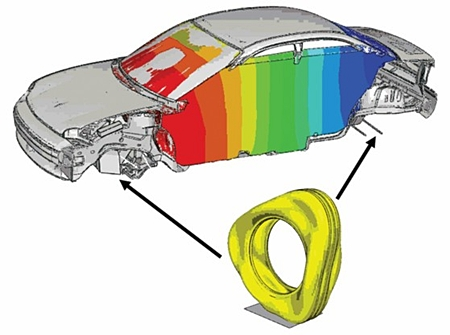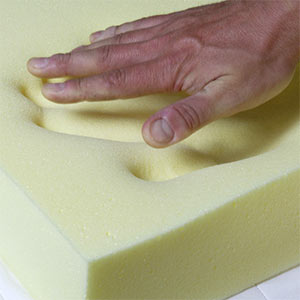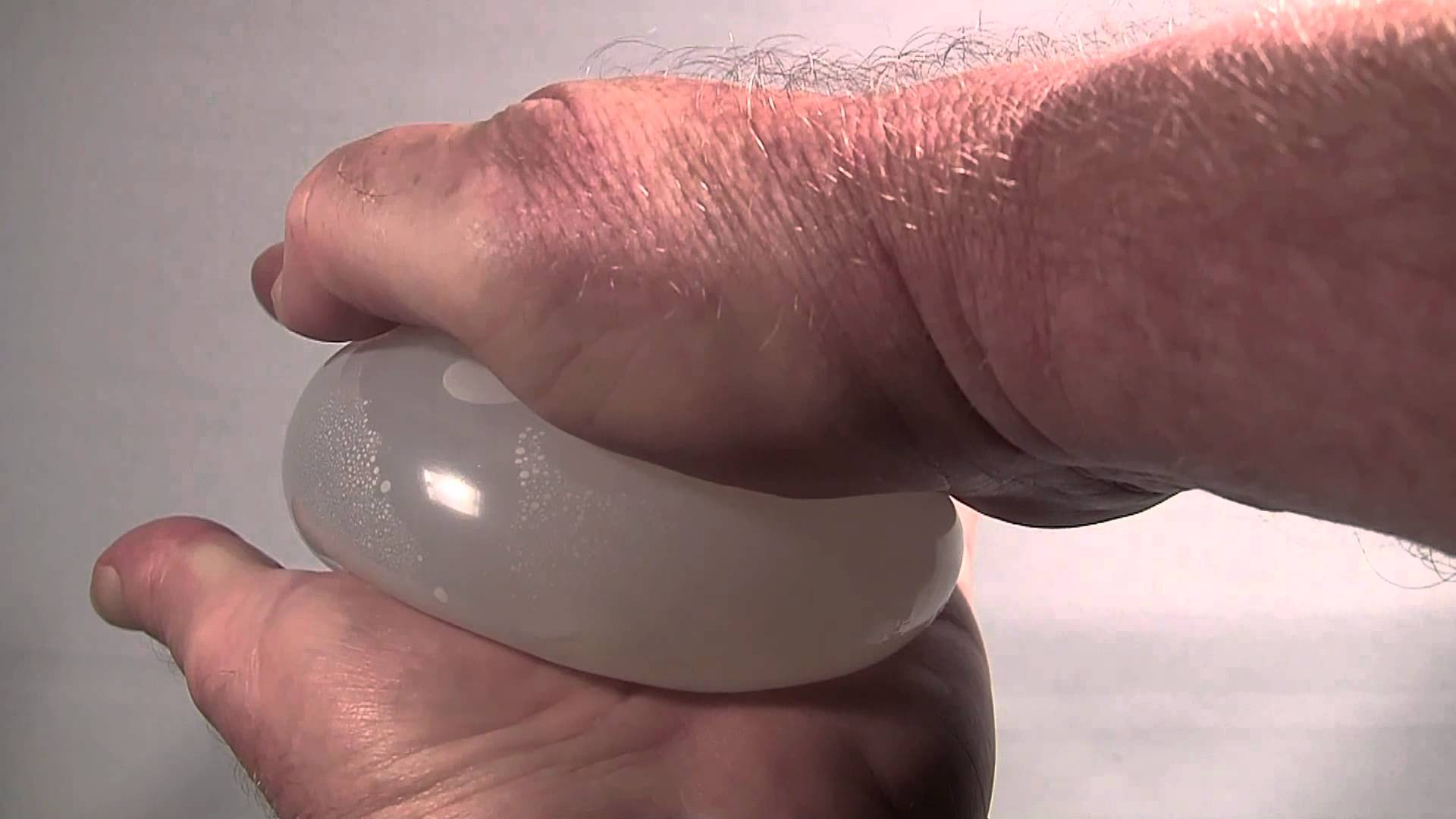Why non-local?
Relevant models in Continuum Mechanics, Mathematical Physics and Biology are of non-local nature:
- Boltzmann equations in gas dynamics.
- Navier-Stokes equations in Fluid Mechanics.
- Keller-Segel model for Chemotaxis.
Moreover, these models are applied for the description of several complex phenomena for which a local approach is inappropriate or limiting.
- Peierls-Nabarro equation in elasticity ([9])
- Image processing algorithms ([7])
- Anomalous diffusion models ([3])
- Finance: description of the pricing of American options ([8])
In this setting, classical PDE theory fails because of non-locality. Yet many of the existing techniques can be tuned and adapted, although this is often a delicate matter.
Fractional time derivatives
We analyse the problem of controllability of fractional (in time) Partial Differential Equations. In contrast with the classical PDE control theory, when driving these systems to rest, one is required not only to control the value of the state at the final time but also the memory accumulated by the long-tail effects that the fractional derivative introduces.
As a consequence, the notion of null controllability to equilibrium needs to take into account both the state and the memory term.
In particular, [10] we consider the full controllability problem for the system
$$
\left\{\begin{array}{ll}
\partial_{t,0+}^{\alpha}\,y-Ay=Bu,& \textrm{ in }(0,+\infty)
\\
y(0)=y_0
\end{array}\right.
$$
with $A$ and $B$ two linear unbound operators and where $\partial_{t,0+}^{\alpha}$ is a classical Caputo derivative. We show that, due to the memory effects controllability cannot be achieved in finite time.
Fractional Schrödinger and wave equations
In [2], we analyse evolution problems involving the fractional Laplace operator $(-\Delta)^s$, $s\in(0,1)$, on a bounded $C^{1,1}$ domain $\Omega\subset\mathbb{R}^N$.
In particular we consider the fractional Schrödinger equation
$$
iu_t+(-\Delta)^su=0
$$
and the fractional wave equation
$$
u_{tt}+(-\Delta)^{2s}u=0.
$$
Our main goal is to study the controllability of this kind of phenomena.
- Fractional Schrödinger equation: we assume Dirichlet homogeneous boundary conditions and we prove null controllability provided $s\geq 1/2$ and that the control is active on a neighbourhood $\omega$ of a subset of the boundary fulfilling the classical multiplier conditions. Moreover, in the limit case $s=1/2$, controllability holds only if the control time $T$ is large enough.
- Fractional wave equation: we obtain analogous controllability properties, as a direct consequence of the results for the Schrödinger equation.
Equations with non-local spatial terms
In [6], we study the null controllability of the following linear heat equation with spatial non-local integral terms:
$$
y_t-\Delta_y+\int_{\Omega} K(x,\xi)y(\xi,t)\,d\xi=v\chi_{\omega}.
$$
Under some analyticity assumptions on the corresponding kernel, we show that the equations is controllable. We employ compactness-uniqueness arguments in a suitable functional setting, an argument that is harder to apply for heat equations because of its very strong time irreversibility.
Viscoelasticity
Viscoelastic materials are those for which the behaviour combines liquid-like and solid-like characteristic ([1]).


In [4], we consider the following model of viscoelasticity, given by a wave equation with both a viscous Kelvin-Voigt and frictional damping
\begin{equation}
y_{tt}-\Delta y-\Delta y_t+b(x)y_t=h\chi_{\omega(t)},
\end{equation}
in which we incorporate an internal control $h$ with a moving support. Our analysis is based on the fact that (1) can be rewritten as a system coupling a parabolic equation with an ODE. The presence of this ODE, in the case of a fixed support of the control, is responsible for the lack of controllability of the system, due to the absence of propagation in the space-like direction. Therefore, we prove the null controllability when the control region, driven by the flow of an ODE, covers all the domain.
Models with memory terms
In [5], we approach the control problem for the following heat equation with memory
$$
y_t-\Delta y + \int_0^t y(s)\,ds=u\chi_{\omega}(x).
$$
This can be rewritten as a system coupling a heat equation with an ordinary differential equation, as in the context of viscoelasticity. In view of this structure we introduce a Moving geometric Control Condition (MGCC), which turns out to be sufficient for moving control.
Furthermore, in [11] we obtain similar results for the following wave equation with a memory term
$$
y_{tt}-\Delta y + \int_0^t y(s)\,ds=u\chi_{\omega}(x).
$$
Perspectives
- Weakening the MGCC for the control of viscoelasticity models.
- Models with fractional time derivatives: what kind of control theoretical properties can be expected once exact controllability is excluded?
- General analytic memory kernels.
- Geometric Optics for wave-like models involving the fractional Laplacian.
- Can Carleman inequalities handle non-local terms?
- Links with delay systems.
- Nonlinear models.
References
[1] T.H. Banks, S. Hu and Z.R. Kenz A brief review of elasticity and viscoelasticity for solids Adv. Appl. Math. Mech., 2011.
[2] U.Biccari Internal control for non-local Schrödinger and wave eqautions involving the fractional Laplace operator Submitted.
[3] M. Bologna, C. Tsallis and P. Grigolini Anomalous diffusion associated with nonlinear fractional derivative Fokker-Plank-like equation: exact time-time dependent solutionsPhys. Rev., 2000
[4] F. Chaves, L. Rosier and E. Zuazua Null controllability of a system of viscoelasticity with moving control J. Math. Pures Appl., 2014.
[5] F. Chaves, X. Zhang and E. Zuazua Controllability of evolution equations with memory Submitted
[6] E. Fernández-Cara, Q. Lü and E. Zuazua Null controllability of linear heat and wave equations with non-local spatial terms SIAM J. Control Optim., 2016
[7] G. Gilboa and S. Osher Nonlocal operators with applications to image processing Multiscale Model Simul., 2008
[8] S. Levendorski Pricing of the American put under L&eaccute;vy processes Int. J. Theor. Appl. Finance, 2004
[9] G. Lü The Peierls-Nabarro model of dislocations: a venerable theory and its current development Handbook of Materials Modeling, 2005
[10] Q. Lü and E. Zuazua On the lack of controllability of fractional in time ODE and PDE Math. Control Signals Syst., 2016
[11] Q. Lü, X. Zhang and E. Zuazua Null controllability of wave equations with memory Submitted

